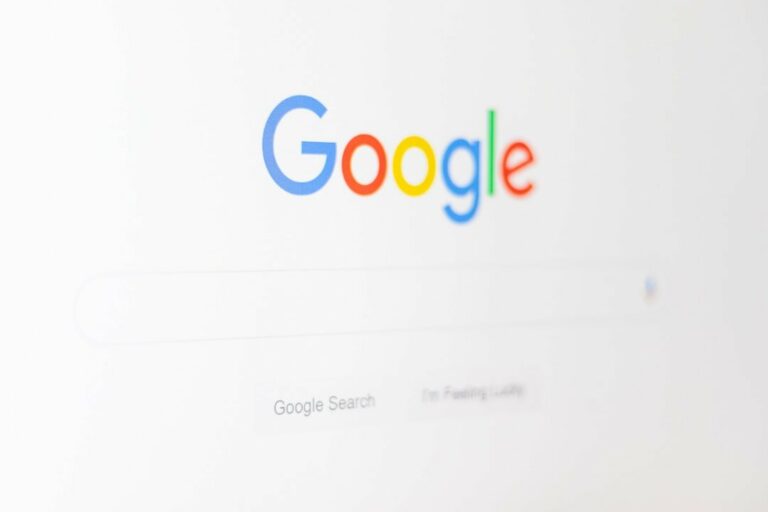Did you know that Google updates can affect website ranking? Monitoring the effect of algorithm changes on your website could be important.
It’s worth learning about a recent update by Google called the Helpful Content System update as it may affect your website ranking and appearance in search results.
The Helpful Content update, released in Sept 2023, aims to reward providers of content that give positive visitor experience, with increased ranking. It also indirectly rewards providers of people-first content.
What is the Helpful Content Update
The Helpful Content Update is a change to Google’s search algorithms that determines if visitors are receiving content that is helpful and aligned with the reason for their visit .
The system generates website signals or flags for both postive and negative visitor experience. These flags are used, alongside other ranking flags, to determine the ranking of your site for each particular search.
Sites with poor Helpful Content experience but a people-first focus may still rank well depending on the amount of non-helpful content.
How do I check my website – site audit
Google updates can affect website ranking.
To minimize the impact of the Helpful Content update, a site audit is one way to identify content that contributes to the ranking and search results says Colin Hughes of The Blog Herald .
Ideally a site audit will identify ample helpful content on your website. Helpful content has a role in positive user experience and higher ranking.
The recommended steps in a Helpful Content audit are:
- Identifying what content or website function is contributing to poor visitor experience on your website, and removal or improvement of this content.
- Identifying if your website has good people-first content as your site may still rank well despite raising flags for poor user experience.
- Identify if your site has sub-domains with poor user experience then any issues may need to be considered as all connected sites could potentially be affected in their ranking.
Identifying non-helpful content
Some broad categories of non-helpful content can help identify whether your content is helpful or not:
- Who was the author of the content. If it wasn’t you, the author will be unclear in non-helpful content. If you are the author, non-helpful content will have no internal and external links to show your connection with the website and the merit of the content you are presenting.
- How the content was created can help establish context. Non-helpful content will be unclear about how it was created. For example was the content generated with AI or was AI used to assist in generating or is it original content.
- Why was the content created? Non-helpful content will target search engines and not be written to answer a common question that your website users might have.
If non-helpful content is identified on your website, it may be necessary to implement changes to improve or remove the content.
Reducing your site’s non-Helpful content may help restore ranking and improve search results.

How do I chose new content
When adding new content to your website evaluate whether it will be helpful content and contribute to satisfactory user experience. At minimum have a people-first focus in the new content added to your website.
Learn more from Google about creating helpful, reliable, people first content.
Keys to positive user experience for visitors
The following website content characteristics are keys to positive user experience and helpful content.
- Effective navigation and use of breadcrumbs
- Use of an FAQ s list
- Text and image relevance
- Colors used and their contrast with each other
- Page speed between 0-2 seconds and less than 3
- Original text and images
- Balance between text and images
- Readable, well prepared and accurate content
Learn more about helpful content and creating helpful, reliable, people first content from this Google Search Central document.
Conclusion
Rather than checking your websites traffic performance, assessing your site for Helpful Content.
A site audit for helpful and non-helpful content has the potential to assist decision making with regards to changes to your website.
Any non-helpful content identified may mean it is necessary to implement changes on your website to improve or remove the content.
Reducing your site’s non-Helpful content may help restore ranking and search results by improving user experience on your website.
Share your experiences
Share your experiences regarding how Google updates can affect website ranking. Comment below as we would love to hear from you!

